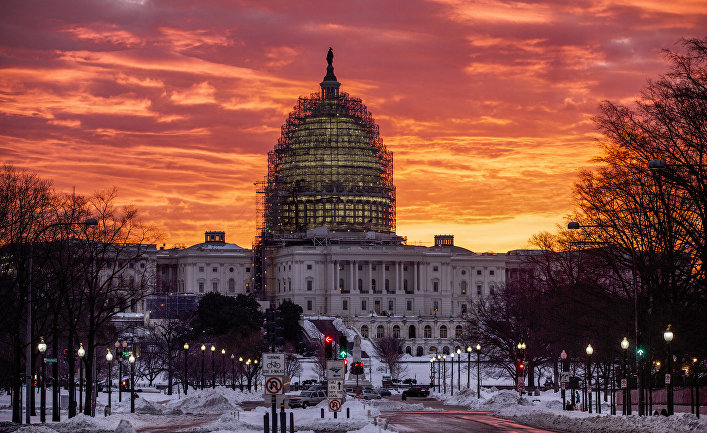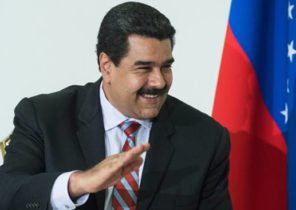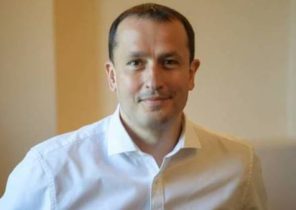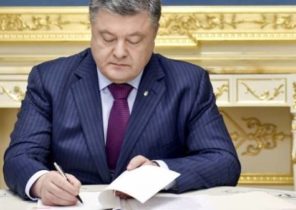
Apparently, Moscow took the phone talks between Russian President Vladimir Putin and US President Donald trump, held on Saturday, January 28, as a successful first step that may lead to reduction of tension in relations between the two countries. With optimistic comments made by current and former chairmen of the Duma Committee on international Affairs, Dmitry Kiselev, host of the influential program “Vesti Nedeli” on the state TV channel “Russia 1”.
President trump is still no approved of the Cabinet, many of his critics believe that he simply “improvising on the fly”, however, many Russian politicians welcomed what they believe to be the long-awaited consistency in the positions of Mr. trump in domestic and foreign policy, as well as a clear understanding of how they are connected. Position “Again make America great” includes important trade and foreign policy components, and Mr. trump is well aware of.
The military component of this position involves the termination of wars of choice, which brought chaos to many countries and have emptied the American Treasury. Apparently, Mr. trump understands that the relatively calm situation in the world, which will allow US to focus on its internal economic and social needs requires a focus on maintaining US military power and at improving relations with the other two powers belonging to the elite club of military and economic superpowers, namely Russia and China.
Now, it may be reasonable to hold a trilateral summit of the leaders of the United States, Russia and China, and Beijing, which is facing the weight of their own internal problems, is also to join the anti-terrorist coalition, demonstrating a kind of goodwill gesture towards Washington and Moscow. Such a summit could be the beginning of the transition to an objective policy, under which countries will cooperate with each other based on what they are, rather than trying aggressive methods — insist on what some us policy — change each other by external pressure or the so-called regime change.
In the last 25 years the collective thinking of the American defense and foreign policy establishment were carefully shielded from all non-standard, alternative ideas. Representatives of the government were steadily blacklisted all those who did not support the existing Washington consensus. Now many apologists for aggressive US policy abroad sidelined, as the new President seeks to pursue a foreign and defense policy that would be based not on ideology, but on the national security interests of his country. Of course, it is unclear whether those who come in their place, such as stubborn, and indifferent to ideas from the outside, but the early signs give us some hope.
In his inaugural speech, Mr. trump said that his assuming the office of President is the transition of power from former American elite to the people whose interests he represents. Maybe that is an exaggeration, if we talk about the formulation of foreign policy, however, involving the public in open discussions on key security issues of our time not only complies with the principles of populism, but also falls into the category of most effective practices, giving optimal results.
Waiting for approval of the members of his Cabinet, Mr. trump asked advice from some veterans of politics, influential figures from the hall of fame of the Republican party, who rightly encouraged him to reduce the degree of aggressiveness of the rhetoric and to develop agreements to reduce nuclear arsenals. However, all of these figures and policy are still held hostage to the image of Russia, which was burned in their minds back in the Soviet era and which causes them to regard each movement as aggressive and hostile move aimed at undermining American interests. In reality, for all — except those who have been held hostage to this mindset — Communist expansionist policies of the Soviet era has long become a vague memory, so it’s time to consider Russia as a possible ally and friend, not as an eternal enemy and the enemy.
Although the American people as the people of modern Russia, he only wanted to live in peace, the controversy provoked by the new President, most likely, some time will be concentrated not in the ranks of the General public, and the media, analytical centers, University forums and other organizations where a dominant position is still occupied by those who live in the past. A good start to create common rules of the game will be to test a federally funded non-governmental organizations advocating for “regime change” in countries with which the U.S. wants to establish more friendly relations. There is no doubt that the efforts of such groups bent on using taxpayer funds to destabilize those governments that they don’t like and to interfere in the election in foreign countries, has led many world leaders with suspicion and sometimes even fear to take to Washington and to the prospects of cooperation with the United States.
The revolution in foreign policy, which Donald trump initiated, will require intellectual input from the vast array of experts and thinkers who hold a different point of view and the opinion which for a long time no one listened. Only free and public exchange of ideas can begin to develop effective domestic and foreign policy based on national interests of the United States.
Edward Lozansky President American University in Moscow.
Gilbert Doctorow is the European coordinator of the American Committee for agreement between East and West.







